For many people, going into hospital can be a very difficult time and the small things that staff do can make the experience less stressful – taking the time to offer reassurance, communicating clearly and going the extra mile in a myriad of different ways. A joint project between staff and patients at the Royal Bournemouth Hospital’s Stroke Unit and researchers at Bournemouth University has been exploring these humanising touches and how they improve care.
Nikki Manns, Ward Sister and Caroline Bagnall, Specialist Speech and Language Therapist, are both part of RBH’s Stroke Unit and have been involved in the humanising care project since the beginning. Below, they explain what motivated them to take part and how the project has been making a difference.
“I wanted to get involved because it seemed a good way of sharing our patients’ experiences,” explains Nikki, “I wanted our staff to hear patient stories from their perspective, so that we could get a better understanding of their journey on the stroke ward. For me, that was one of the most valuable parts of the project.”
“I was interested in how we could improve our services,” says Caroline, “I was fascinated by the idea of humanised care and looking at how we could improve services from a human perspective. I loved being involved in the project. For me, one of the most important things was having the time to reflect on our work as staff and with patients. It was very valuable to be able to think about each stage of the journey and explore how it felt to both staff and patients,” continues Caroline.
“I found it a very motivating process,” says Nikki, “Our staff really engaged with the project, which continued even after we finished. Staff have been sharing snippets and stories with the rest of the team and really taking on board what we talked about. They’ve been looking at all sorts of different things we could change in our working environment.”
“It’s been really inspirational seeing people from all parts of the team getting together and coming up with new ideas and new projects that they want to lead. They’ve been really motivated to improve patient care and experience. The feedback they’ve got as a result has been great and has helped them to see how they’re making a difference.”
“One of the main things we’ve become aware of through the project is the power of small things,” says Caroline, “When people are in a new environment, they can feel quite overwhelmed. The little things that we do as staff can help them to feel a little less vulnerable and scared when they have a huge event happening in their lives. It’s been good to be reminded of the difference a small gesture can make.”
“Normally we get most of our feedback once people have left hospital,” says Nikki, “It’s usually through the friends and family survey sent out once people have been discharged. Being face-to-face with our patients and hearing their experiences has been incredibly powerful. It’s got so much more value to it.”
“I’d really like to see the humanising care project continue and rolled out in other parts of our NHS Trust. All patients should have a fantastic experience, regardless of their age or what ward they’re on and I think all healthcare staff can learn something from being involved.”
To find out more about the humanising care project, take a look at the latest edition of the Bournemouth Research Chronicle.
The 2017 Bournemouth Research Chronicle can be seen in full here.

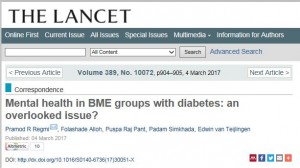
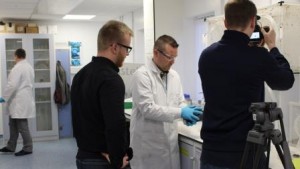 My name is Oliver Cooke and I am currently in my third year of study on the BA Honours Media Production course. As part of my Graduate Project, I am developing a media package in order to showcase a number of projects that have been awarded
My name is Oliver Cooke and I am currently in my third year of study on the BA Honours Media Production course. As part of my Graduate Project, I am developing a media package in order to showcase a number of projects that have been awarded 
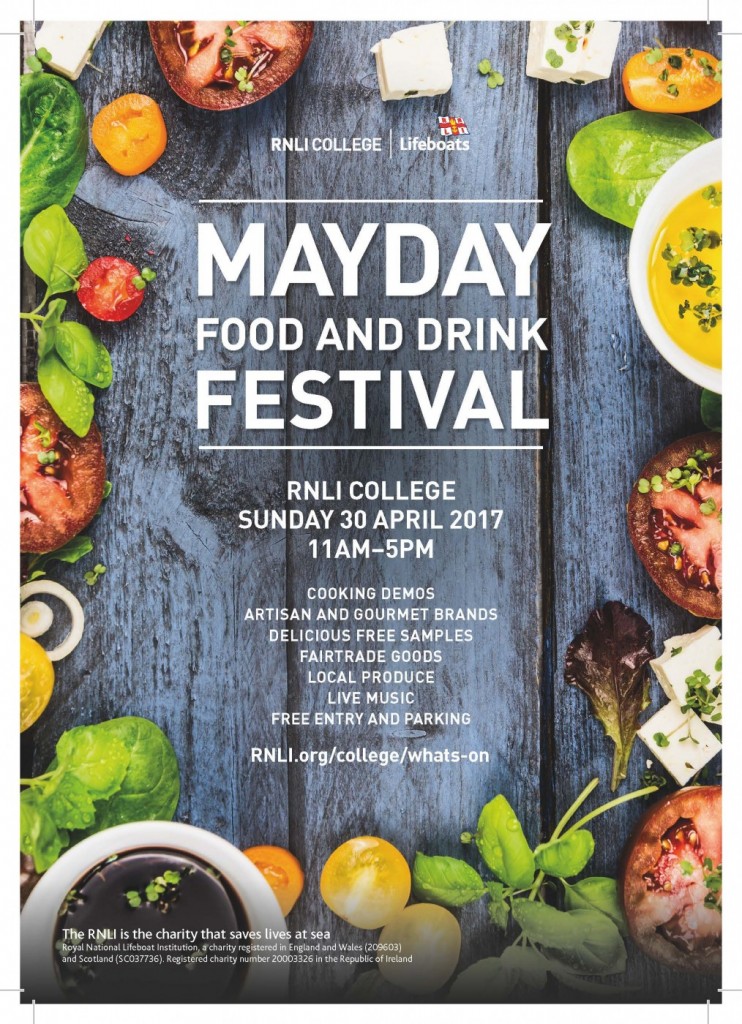
 The call for proposals for this year British Science Festival is open till 9am Monday 27 March 2017.
The call for proposals for this year British Science Festival is open till 9am Monday 27 March 2017.
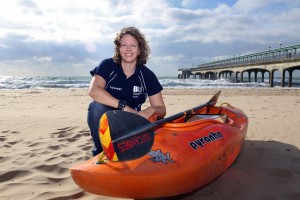



![InnovateUK_LogoA_Interim_RGBx320govuk[1]](http://blogs.bournemouth.ac.uk/research/files/2014/12/InnovateUK_LogoA_Interim_RGBx320govuk11-300x90.jpg)
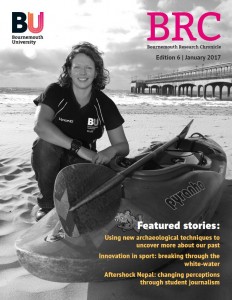
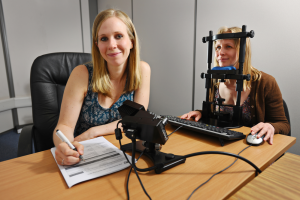











 SPROUT: From Sustainable Research to Sustainable Research Lives
SPROUT: From Sustainable Research to Sustainable Research Lives BRIAN upgrade and new look
BRIAN upgrade and new look Seeing the fruits of your labour in Bangladesh
Seeing the fruits of your labour in Bangladesh Exploring Embodied Research: Body Map Storytelling Workshop & Research Seminar
Exploring Embodied Research: Body Map Storytelling Workshop & Research Seminar Marking a Milestone: The Swash Channel Wreck Book Launch
Marking a Milestone: The Swash Channel Wreck Book Launch ECR Funding Open Call: Research Culture & Community Grant – Application Deadline Friday 12 December
ECR Funding Open Call: Research Culture & Community Grant – Application Deadline Friday 12 December MSCA Postdoctoral Fellowships 2025 Call
MSCA Postdoctoral Fellowships 2025 Call ERC Advanced Grant 2025 Webinar
ERC Advanced Grant 2025 Webinar Update on UKRO services
Update on UKRO services European research project exploring use of ‘virtual twins’ to better manage metabolic associated fatty liver disease
European research project exploring use of ‘virtual twins’ to better manage metabolic associated fatty liver disease